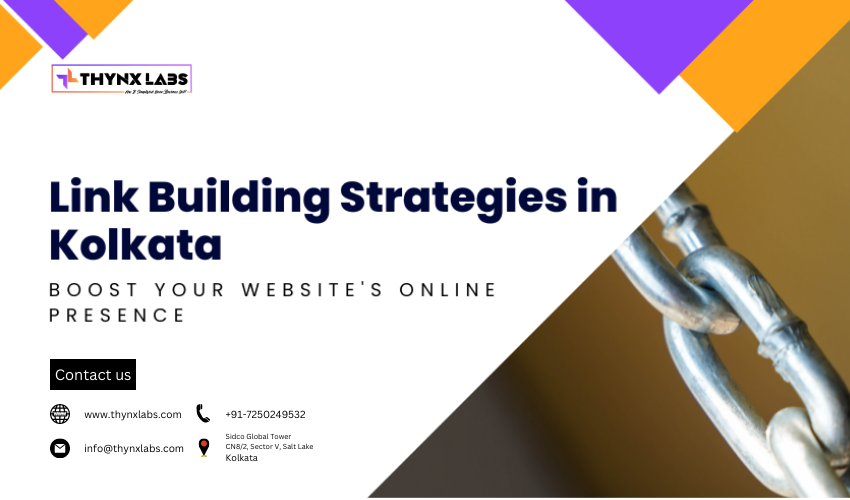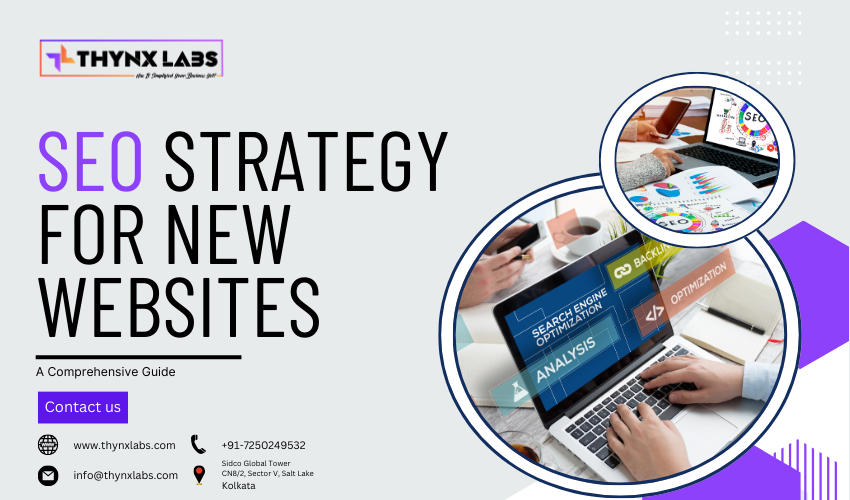The Ultimate Guide to SEO
The Ultimate Guide to SEO: Advantages, Usage, and Benefits
Search Engine Optimization (SEO) has transformed the digital marketing landscape, offering immense benefits for businesses looking to enhance their online presence. This comprehensive guide explores the advantages, usage, and benefits of SEO, highlighting its importance for businesses in today's competitive digital market.
What is SEO and Why is it Important?
SEO stands for Search Engine Optimization, a process aimed at improving a website's visibility on search engines like Google. By optimizing a site for search engines, businesses can attract more organic traffic, leading to increased brand awareness and sales.
Key Advantages of SEO
Increased Website Traffic
One of the primary benefits of SEO is the increase in website traffic. By optimizing your site for relevant keywords, you can appear higher in search engine results, attracting more visitors.
Cost-Effective Marketing
SEO is one of the most cost-effective marketing strategies because it targets users actively searching for your products or services online. Unlike paid advertising, organic traffic generated through SEO does not incur a cost per click.
Improved User Experience
Optimizing your website for SEO often involves improving the user experience. This includes faster load times, mobile-friendly design, and high-quality content, all of which contribute to a better experience for your visitors.
Enhanced Brand Credibility
Websites that rank higher on search engine results pages (SERPs) are generally perceived as more credible and trustworthy. By achieving higher rankings, your business can gain the trust of potential customers.
How SEO Works
Keyword Research
Keyword research is the foundation of SEO. It involves identifying the terms and phrases your target audience uses to search for products or services similar to yours. Tools like Google Keyword Planner and Ahrefs can help you find relevant keywords.
On-Page Optimization
On-page SEO refers to the optimization of individual web pages to rank higher and earn more relevant traffic. This includes optimizing title tags, meta descriptions, header tags, and content for target keywords.
Off-Page Optimization
Off-page SEO involves activities conducted outside your website to improve its search engine rankings. This includes building high-quality backlinks, social media marketing, and influencer outreach.
Technical SEO
Technical SEO focuses on improving the technical aspects of your website to enhance its crawlability and indexability by search engines. This includes optimizing site speed, ensuring mobile-friendliness, and creating an XML sitemap.
Benefits of SEO for Businesses
Long-Term Results
Unlike paid advertising, the results of SEO are long-lasting. Once your website starts ranking high in search results, it can maintain those positions for an extended period, providing a steady stream of organic traffic.
Higher Conversion Rates
SEO-optimized websites tend to have higher conversion rates. This is because they provide a better user experience, which encourages visitors to take desired actions, such as making a purchase or filling out a contact form.
Competitive Advantage
Investing in SEO can give you a competitive edge in your industry. By outranking your competitors in search results, you can capture a larger share of the market and establish your brand as a leader in your field.
Better Return on Investment (ROI)
SEO offers a better ROI compared to traditional marketing methods. The traffic generated from SEO is more likely to convert, making it a highly effective strategy for businesses looking to maximize their marketing budget.
SEO Best Practices
Create High-Quality Content
Content is king in the world of SEO. Creating valuable, informative, and engaging content can attract more visitors to your site and encourage other websites to link to your content.
Optimize for Mobile
With the increasing use of mobile devices, optimizing your website for mobile is crucial. Ensure that your site is responsive and provides a seamless experience for mobile users.
Use Analytics
Utilizing analytics tools like Google Analytics can help you track the performance of your SEO efforts. By analyzing data, you can identify what's working and make informed decisions to improve your strategy.
Keep Up with SEO Trends
SEO is constantly evolving, so it's essential to stay updated with the latest trends and algorithm changes. Following SEO blogs, attending conferences, and participating in webinars can help you stay ahead of the curve.
Conclusion
SEO is a powerful tool that can significantly impact your business's online success. By understanding its advantages, implementing best practices, and staying updated with the latest trends, you can harness the full potential of SEO to drive traffic, increase conversions, and achieve your business goals. Embrace SEO today and watch your online presence soar.


